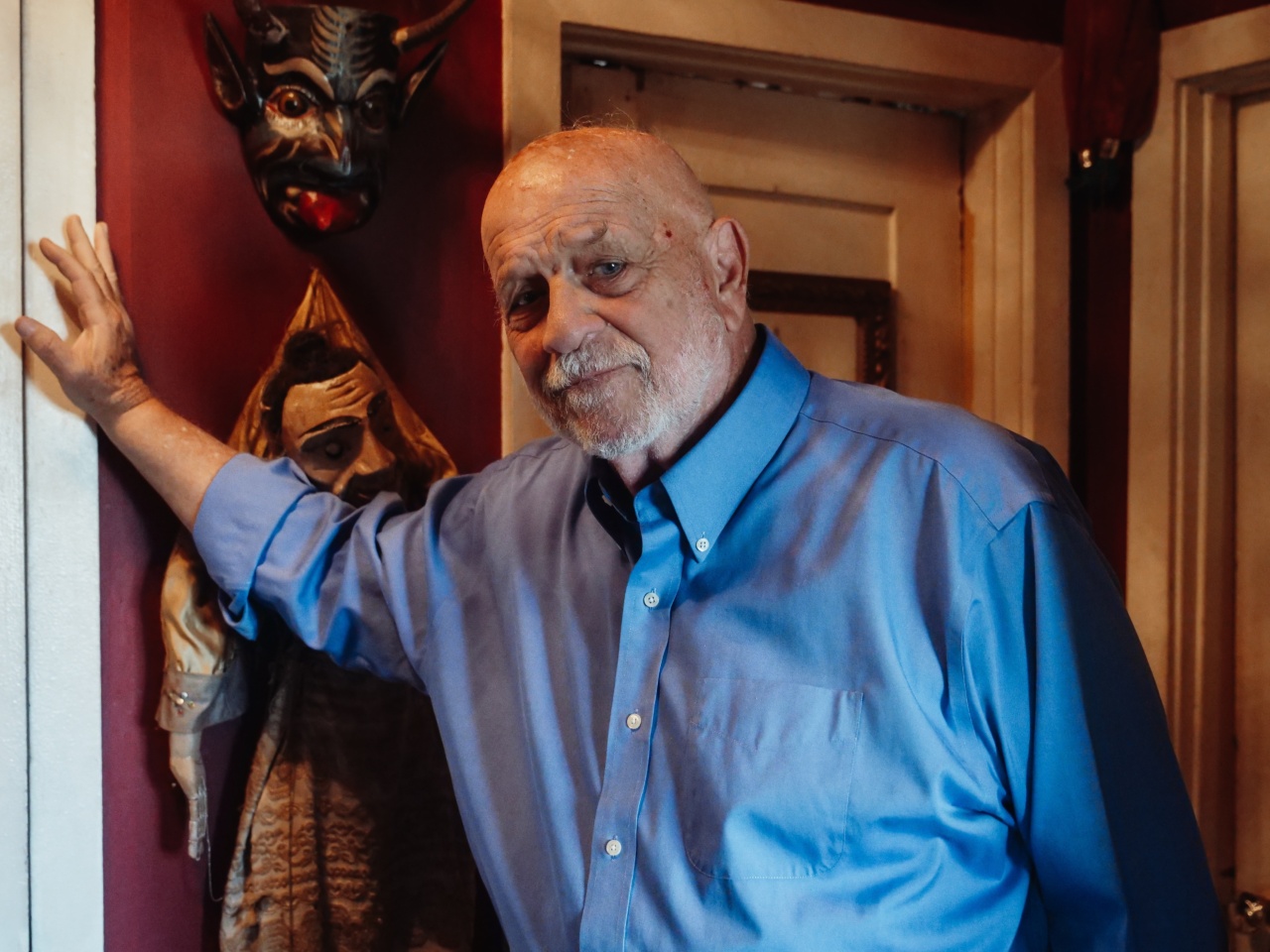Depression in the elderly is a serious mental health concern that often goes undiagnosed and untreated. According to statistics, 6.5 million Americans aged 65 and older suffer from depression, and only 10% of them receive treatment for it.
What is Elderly Depression?
Elderly depression is a type of depression that occurs in people aged 65 and above. It is a serious mental health issue that is often underdiagnosed and undertreated.
Depression is not a normal part of aging, and it should not be ignored or dismissed as a sign of old age.
Symptoms of Elderly Depression
Symptoms of depression in the elderly can be different from those in younger people. They may include:.
- Feelings of sadness or hopelessness
- Loss of interest in activities that were once enjoyable
- Changes in appetite or weight loss
- Sleep disturbances
- Slowed movements or speech
- Fatigue or loss of energy
- Difficulty concentrating or making decisions
- Memory problems
- Physical complaints without an apparent cause
- Thoughts of death or suicide
Causes of Elderly Depression
Depression in the elderly can be caused by a combination of factors, including:.
- Brain chemistry and hormonal imbalances
- Genetics
- Chronic medical conditions, such as heart disease, cancer, or diabetes
- Chronic pain
- Loneliness and isolation
- Lack of social support
- Caregiver stress
- Financial problems
- Loss of a spouse or loved one
Diagnosis of Elderly Depression
Diagnosing depression in the elderly can be difficult because it can be mistaken for the effects of aging or other medical conditions.
A doctor will usually ask about the patient’s symptoms, family history of depression, and any medication or substance use. A physical exam and blood tests may also be done to rule out any medical conditions that may be causing the symptoms. A mental health professional may also be consulted for a more in-depth assessment of the patient’s mental health.
Treatment of Elderly Depression
Treatment of depression in the elderly varies depending on the severity of the symptoms and underlying causes. Treatment options may include:.
- Antidepressant medication
- Counseling or psychotherapy
- Electroconvulsive therapy (ECT)
- Light therapy
- Exercise and physical activity
- Support groups
Prevention of Elderly Depression
Preventing depression in the elderly involves promoting healthy lifestyle habits, social support, and seeking treatment if symptoms arise. Some ways to prevent depression in the elderly include:.
- Maintaining physical activity and exercise
- Maintaining a healthy diet
- Avoiding alcohol and drugs
- Keeping in touch with family and friends
- Joining social clubs or groups
- Volunteering
- Seeking medical treatment for chronic medical conditions
Conclusion
Elderly depression is a serious mental health concern that is often underdiagnosed and undertreated. Recognizing the symptoms and causes of depression in the elderly is important for early intervention and effective treatment.
Seeking medical and mental health care for depression can help maintain quality of life and prevent further decline in physical and mental health.






























